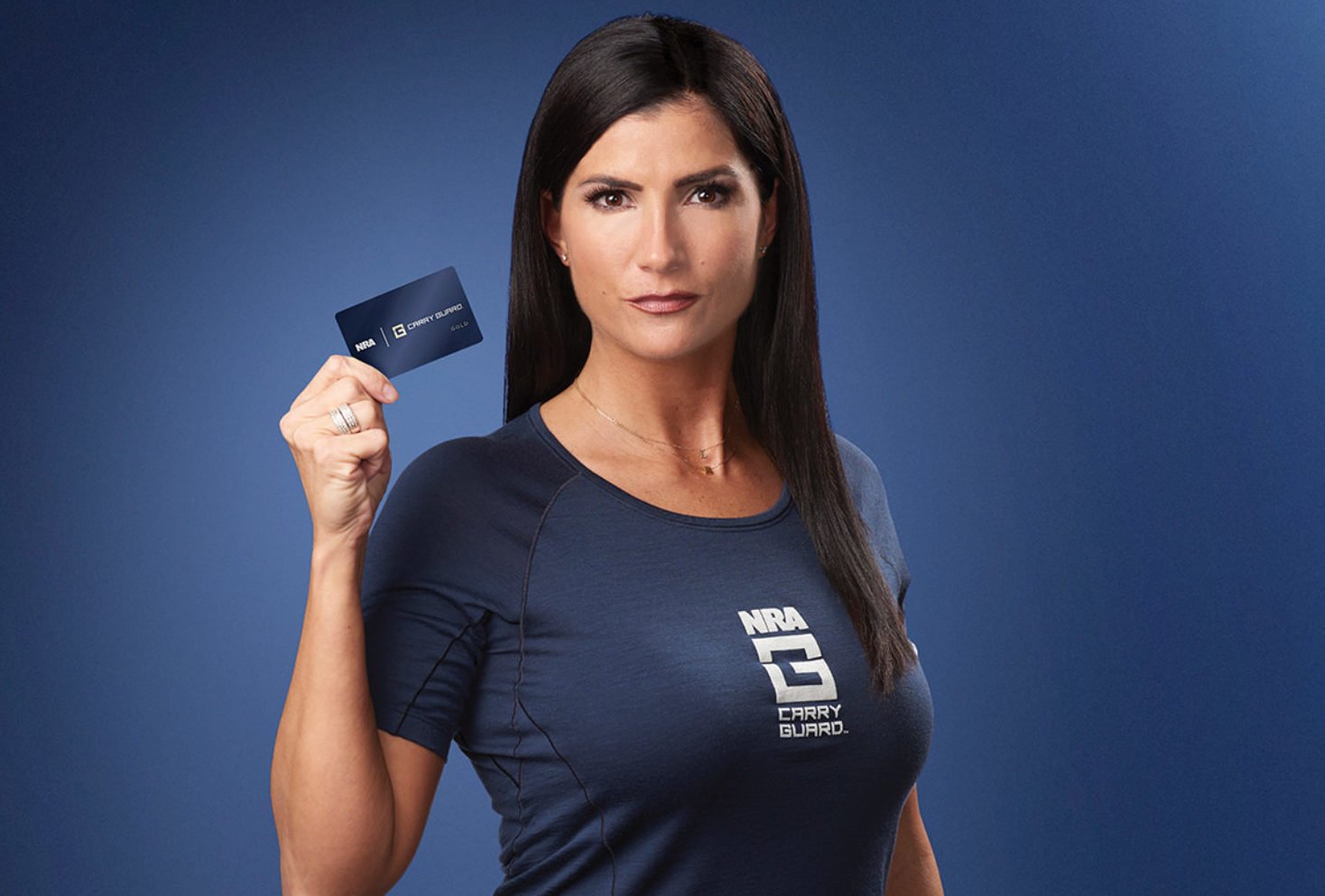A fourth state is now investigating whether the National Rifle Association’s Carry Guard insurance coverage for self-defense shootings violates its laws. New Jersey Governor Phil Murphy, a Democrat, announced the new investigation on Tuesday evening.
Murphy and his state’s Department of Banking and Insurance are following the lead of New York and California, whose probes began months ago. New Jersey also follows Washington State, which revealed its own investigation on August 8 as lawsuits brought by the NRA in an attempt to preserve its lucrative insurance products attracted a wave of attention.
One expert on insurance law sees the latest actions as a sign that the scrutiny may expand even further.
“These laws are fairly consistent around the country,” said Peter Kochenburger, a professor of insurance law at the University of Connecticut. “If these companies solicited in New York and New Jersey, I assume they did it pretty much anywhere. They are vulnerable in other states.”
New York was first to investigate the NRA’s Carry Guard program, which provides coverage for attorney fees and legal liability after a policy holder shoots someone else in self-defense. Gun violence prevention activists and other critics have decried the product as “murder insurance,” and the state determined that it violated New York laws against insuring intentional harm.
In May, the state’s Department of Financial Services wrested settlements from two companies that worked with the NRA on Carry Guard: the brokerage Lockton Affinity and the underwriter Chubb. The companies paid a combined $8.3 million in fines and promised not to work with the NRA to sell insurance again.
New York also found that the NRA itself marketed the plans without a license to sell insurance in the state, though state officials did not directly sanction the gun group.
New Jersey said it is investigating Lockton and Chubb, but did not specify whether it is also examining the propriety of the NRA’s actions. According to a statement from the state’s Department of Banking and Insurance, regulators will consider whether the Carry Guard plan and others developed by the NRA were marketed in violation of state law.
Kochenburger noted that the officials who regulate insurance in their states operate with a lot discretion about how to pursue possible violators. “It’s like the discretion that prosecutors have — they don’t prosecute everything,” he said. Some states could prod Lockton, Chubb and the NRA to comply with local laws without launching formal investigations, adding to the public pressure such investigations put on the gun group.
“Now, if a red-state insurance commissioner decided to pursue this, that would be significant,” Kochenburger said.

